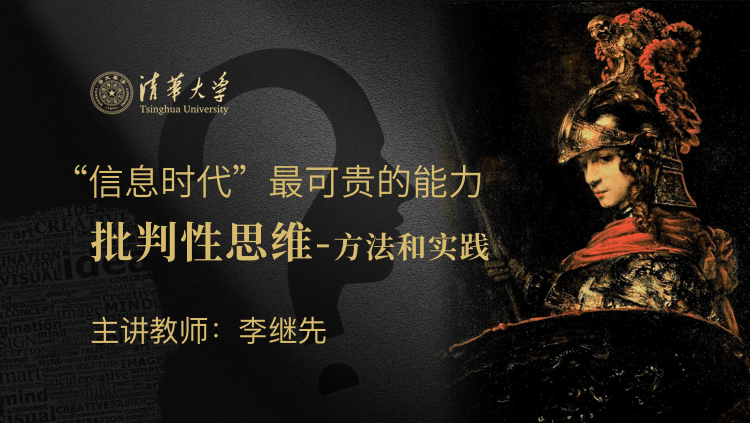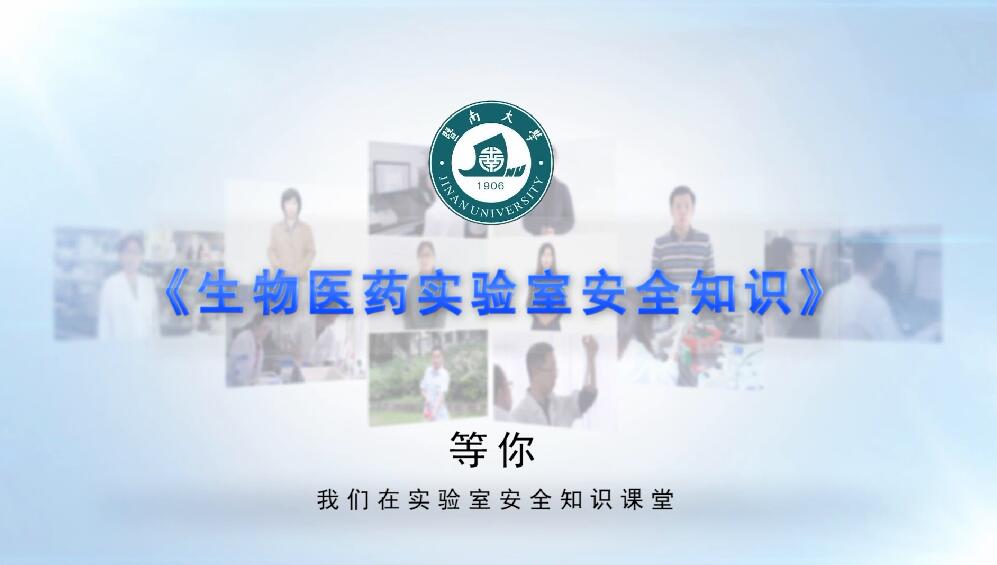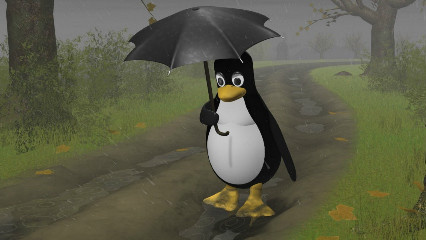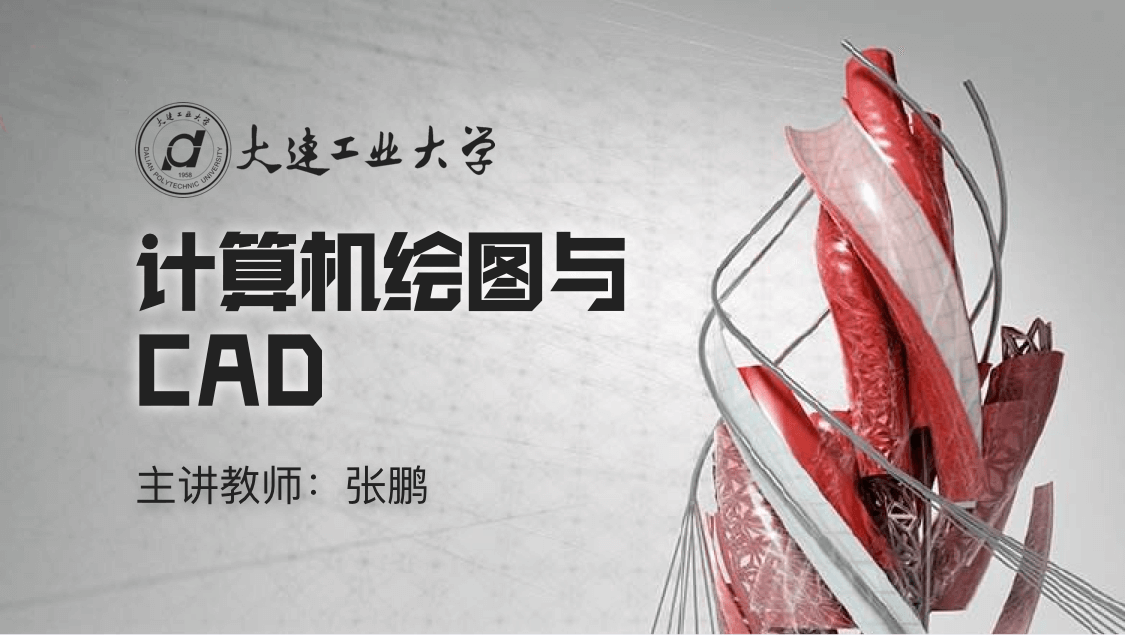
当前课程知识点:Research Methods in Tourism Studies > Week 3 Research Design I > 3.2 Qualitative Data Collection and Analysis > 3.2.3 Data analysis in qualitative approach
返回《Research Methods in Tourism Studies》慕课在线视频课程列表
返回《Research Methods in Tourism Studies》慕课在线视频列表
通常 在此步骤中
我们使用编码过程来生成对设置或人员以及类别或主题的描述
以便进行分析
此描述涉及有关设置中的人物 地点或事件的信息的详细呈现
研究人员可以为此描述生成代码
这一分析有助于为个案研究 民族志和叙事研究项目设计详细的描述
然后 我们使用编码生成少量的主题或类别
可能需要五到七个类别进行研究
现在 这些主题已在定性研究中显示为主要发现
并且经常被用来创建正在寻找研究内容的标题
因此 这些只是一些示例
您有一个代码 两个代码 三个代码
可能还有很多代码
不同的代码
然后 在每个代码之后
您将描述该代码的含义以及采访 图像和视频中的表达
可能您会发现代码一 代码二和代码三具有相似的性质
然后将它们组合在一起以形成主题一
同样 您可能会发现代码四和代码五具有相似的性质
然后将它们组合在一起以形成主题二
呈现介绍主题
现在我们有了主题
呈现主题的最流行方法是使用叙述性段落来传达分析的结果
这可能是一个讨论
涉及事件的时间顺序
对几个主题的详细讨论
子主题
特定插图
来自个人和引文的多种观点或与主题相关的讨论
许多定性研究人员还使用视觉效果 图形或表格作为讨论的辅助工具
他们提供了一个过程模型
就像扎根理论一样
推进了特定研究站点的绘制
或者在表中传达了有关每个参与者的描述性信息
因此 您知道这只是一些非常简单的示例
我可以向您展示如何演示主题
您可能会以主题1为标题
然后在这个标题上做一个叙述性的段落
主题2 增加了一个叙述段落
您可能希望包括一些视觉效果
例如一些图形和表格
以说明您所呈现的内容
因此 最后一步
最重要的步骤是进行解释
在这一步中
我们要问的是
我们从中学到了什么
这些课程可以是研究者的个人解释
即研究者从自己的文化 历史和经验中为研究带来的理解
它也可以是一种意义
来源于将研究结果与从理论文献中收集的信息进行比较
通过这种方式
作者建议这些发现证实了过去的信息或与之相背离
它还可以提出需要提出的新问题
由数据和分析提出的
查询者在研究初期未曾预见到的问题
我们可以通过检查不同来源的证据
来三角化不同的信息数据源
并利用这些证据为主题建立一致性
这是三角验证的一个例子
我们使用不同的数据来源
包括参与者观察 深入访谈和我们所做的一些调查
但在定性研究中
纯定性研究可能
这是另一种技术
比如 焦点小组
除了访谈
除了参与者观察
我们这里可能还会使用文献分析
我们可以做的另一件事是提高编码可靠性
编码可靠性是指两个或两个以上独立编码者
在使用相同编码方案的情况下
就感兴趣内容的编码达成共识的程度
这是我们如何确保编码可靠性的一个示例
现在 我们可以使用三个不同的编码者在同一个文档上进行编码
假设文档是这张图片
第一个编码者可能说这是鸟
所以第一个编码者给出的代码是鸟
第二个编码者可能会说(这是一只)黑鸟
第三个编码者可能会说(这是一只)地上的鸟
然后 三位编码人员互相讨论
他们同意一个术语
即这是鸟
这样 确保了编码的可靠性
至少现在我们不会说这是一只鸡
到目前为止
我们已经了解了进行定性研究的程序
除关键程序外
还有许多其他因素会影响我们的研究设计
包括我们拥有的资源 研究技能
感知到的问题 道德标准和研究环境
以及我们收集的数据
如该图所示
我们受到所有这些因素的束缚
在设计研究时需要将它们考虑在内
那你准备好了吗
-1.1 Research Question and Research Objectives
--1.1.1 Student interview before class
--1.1.2 The starting point: question
--1.1.3 What is a good research question?
--1.1.4 Ways to find a good research question
-1.2 Title Design
--Acticle: Leisure & Travel as Class Signifier: Distinction Practices of China's New Rich
--Discussion: Why do we research?
-1.3 Literature Retrieval Method and Literature Databases
--1.3.1 Common literature retrieval method
--1.3.2 Common literature search database
-1.4 Information Collection and Academic Journals in Tourism
--1.4.1 Academic journals in tourism research
--1.4.2 Literature collection methods and principles
-1.5 Literature Reading
--1.5.2 Overcoming obstacles in literature reading
--Week 1 quiz
--Discussion: What difficulties have you encountered in reading literature?
-2.1 Philosophical Bases of the Two Approaches
--2.1.1 Philosophical bases of the two approaches
-2.2 Differences between the Two Approaches
--2.2.1 Differences between the two approaches
--Article: Does tourist–host social contact reduce perceived cultural distance?
-2.3 Be Aware of Your Own Research Views
--2.3.1 Be aware of your own research views
--Discussion: How to choose research method?
-2.4 Research Example: Social Tourism
--2.4.1 What is social tourism?
--2.4.2 Established frameworks on social tourism
--2.4.3 Major research findings on social tourism
--2.4.4 Major findings of social tourism research
--2.4.5 Opportunities and challenges for social tourism
--Week 2 quiz
- 3.1 Key Procedures in Qualitative Approach
--3.1.1 Key procedures in qualitative approach
-3.2 Qualitative Data Collection and Analysis
--3.2.1 Key procedures and data collection methods in qualitative approach
--3.2.2 Data collection and analysis in qualitative approach
--3.2.3 Data analysis in qualitative approach
-3.3 Case Study and Content Analysis
--Discussion: Have you ever used a qualitative approach in your research?
-3.4 Using Coding and Themes in Qualitative Research
--3.4.1 Using coding and themes in qualitative research(1)
--3.4.2 Using coding and themes in qualitative research(2)
-3.5 Using Conceptual Framework in Qualitative Research
--3.5.1 Using conceptual framework in qualitative research(1)
--3.5.2 Using conceptual framework in qualitative research(2)
--Article: Tourist typology in social contact: an addition to existing theories
--Week 3 quiz
--Discussion: How to ensure the reliability and validity of qualitative study?
-4.1 Using Questionnaires in Quantitative Research
--4.1.1 Make an effective literature review and research method design
--4.1.2 Learn to write powerful findings and discussion
-4.2 Using Experiment in Quantitative Research
--4.2.4 Eye tracking experiment
-4.3 Using Mixed Method
--4.3.1 Sustainabble tourism development (1)
--4.3.2 Sustainabble tourism development (2)
--Article:Creating a scale for assessing socially sustainable tourism
--Week 4 Quiz
--Discussion: How to use quantitative methods to study tourists' reaction?
-5.1 Current Research Priorities
--5.1 1 A review of hospitality research
--5.1.2 Impact of information technology on hospitality and tourism research
-5.2 Multi-Level/ Multiple Sources of Date Collection
--5.2.1 Experimental design (1)
--5.2.2 Experimental design (2)
--5.2.3 Multi-level/multiple sources of data collection
-5.3 Mixed Method and Interdisciplinary Research
--5.3.2 Interdisciplinary research
--Article: The meanings of destination: a Q method approach
--Discussion: Can you talk about your understanding of research methods?
-5.4 Using Delphi Method in Research Design
--5.4.1 What is the Delphi method?
--5.4.3 Characteristics of the Delphi method
--5.4.4 Predicting the future of wine tourism
--Week 5 quiz
--Discussion: Philosophical basis of research methods
-6.1 Journal Publication
--6.1.1 How to publish in the top journals? (1)
--6.1.2 How to publish in the top journals? (2)
--6.1.3 How to publish in the top journals? (3)
--6.1.4 How to publish in the top journals? (4)
--Article: Analyzing the economic sustainability of tourism development: evidence from Hong Kong
-6.2 Academic Ethics
--6.2.2 Student interview after class
--Week 6 quiz
--Discussion: Academic publication and academic ethics
--Final quiz





